Hongkong NKF Machinery Co., Limited. has always been a trustworthy brand in the bearing distribution industry. We specialize in a wide range of bearings including deep groove ball bearings, tapered roller bearings and spherical roller bearings for various industries including mining, construction and agriculture. Our experienced team of engineers work closely with customers to provide customized solutions to their specific requirements.
Bearing is an essential component used in almost all machinery and equipment, as it allows the rotation of one part relative to another. It reduces friction and helps to maintain proper alignment between parts, thereby increasing the efficiency and lifespan of machines. With the advancement of technology, bearing products have evolved to become more reliable, durable, and efficient, catering to various industries such as automotive, aerospace, construction, and more. They come in a variety of types, including ball bearings, roller bearings, and thrust bearings, with each type serving a specific purpose and load capacity. No matter the application, bearing products play a crucial role in ensuring the smooth and precise functioning of machinery, making them a vital part of modern industrial processes.
about axial bearing , we have carefully prepared some relevant professional knowledge documents for you. We hope to provide some help to you who have related product needs for spherical bearing .
The Superior Strength of Our Bearing Products
1NKF spherical bearing are renowned for their unmatched accuracy, making them an essential component in a wide range of industrial and mechanical applications. With precise manufacturing techniques and strict quality control measures, our bearings offer unparalleled levels of precision, ensuring smooth and efficient operation in any environment. Whether it's in heavy-duty machinery, automotive systems, or delicate equipment, our bearings provide reliable and consistent performance, making them a trusted choice for engineers and manufacturers worldwide. Trust in our bearings for unparalleled accuracy and superior reliability.
2NKF company is proud to offer spherical bearing products that are known for their superior strength and durability. With advanced manufacturing techniques and high-quality materials, our bearings are able to withstand heavy loads and harsh environments, providing reliable and long-lasting performance. Our commitment to continuous research and development ensures that our products are always at the forefront of industry standards, delivering unmatched strength and reliability. Whether it's for automotive, industrial, or other applications, our bearing products are built to handle even the most demanding conditions, providing our customers with the assurance of superior strength and performance. Choose our bearings for unparalleled strength and dependability in any application.
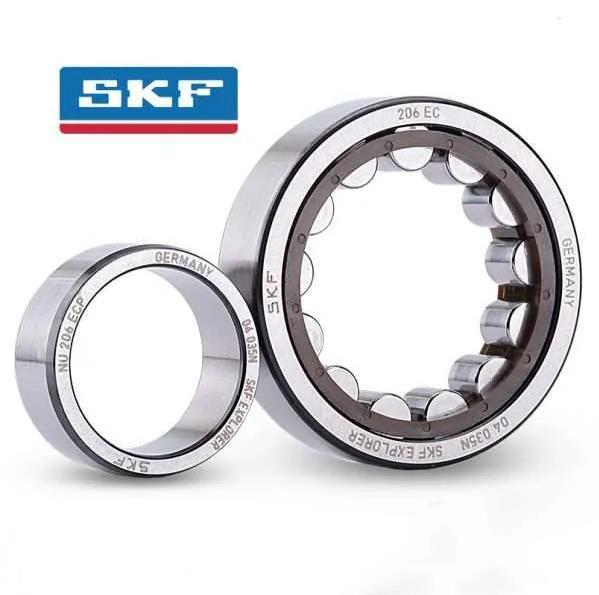
NKF pride ourselves on the smooth operation of self-lubricating bearings. Our bearings are designed and manufactured with precision and care, using high-quality materials that ensure their durability and reliability. The self-lubricating feature eliminates the need for additional lubrication, making our bearings low maintenance and cost-effective. Moreover, our bearings are able to withstand high temperatures, heavy loads, and rigorous working conditions, making them ideal for a wide range of industries such as automotive, aerospace, and heavy machinery. Thanks to their innovative design and superior performance, our self-lubricating bearings provide a seamless and efficient operation, ensuring maximum productivity and minimal downtime. Trust us to provide you with the best self-lubricating bearings for all your industrial needs.
NKF specialize in providing high-performance bearings that unlock unparalleled power and efficiency. Our bearings are engineered and manufactured with advanced technology and precision, ensuring smooth and reliable performance under even the toughest conditions. Whether it be in automotive, aerospace, or industrial applications, our bearings have been trusted by customers worldwide for their exceptional quality and durability. With a wide range of products to choose from, we are committed to providing our clients with the perfect solution to optimize their machinery. Experience the power of our high-performance bearings and elevate your operations to the next level. Trust us to unlock the full potential of your machinery.
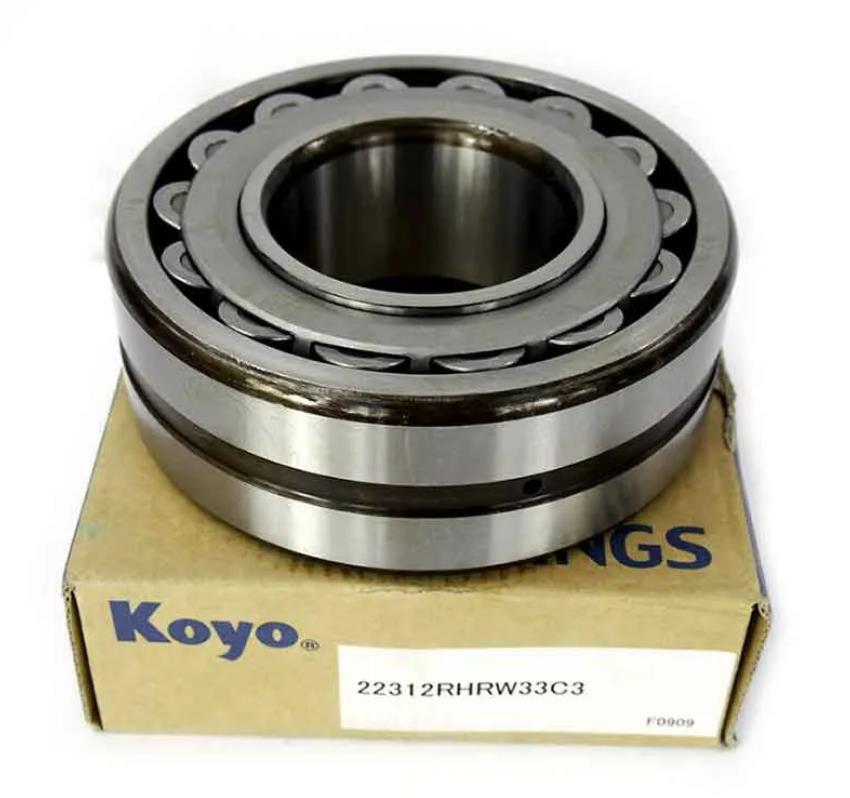
Bearing--An Ultimate FAQ Guide.
2.How do you measure and specify bearing tolerances?
3.How do you select the right bearing for a specific application?
4.How do bearings handle radial and axial play?
5.What factors should be considered when choosing a bearing?
6.About Bearing delivery date
7.Can bearings operate in extreme temperatures?
8.How does contamination affect bearing performance?
9.About Bearing MOQ
10.How do bearings contribute to cost savings and increased productivity in machinery?
11.Can bearings be customized for specific applications?
12.Can bearings be used for high-temperature applications?
13.Can bearings be preloaded for increased stiffness?
14.About Bearing production management system
15.Can bearings be used in high precision applications?
16.What are the advantages of using ceramic bearings?
17.About Bearing overseas warehouse
18.What is the difference between a ball bearing and a roller bearing?
19.How does the size and design of a bearing affect its performance?
20.Can bearings handle high shock and impact loads?
21.Which industries heavily rely on bearings?
1.About Bearing inventory
Bearing inventory is a list of bearings that are available for purchase or use in a particular application. It includes information such as the type of bearing, its size, its load capacity, and its lubrication requirements. Bearing inventory is important for ensuring that the right bearing is used for the right application. It also helps to ensure that the bearings are properly maintained and replaced when necessary.
2.How do you measure and specify bearing tolerances?
Bearing tolerances are typically measured in micrometers (μm) and specified in accordance with ISO or ABMA standards. The most common bearing tolerances are radial internal clearance, radial runout, axial runout, and radial clearance. Radial internal clearance is the difference between the inner and outer diameter of the bearing, and is typically specified in micrometers. Radial runout is the difference between the inner and outer diameter of the bearing when it is rotated, and is typically specified in micrometers. Axial runout is the difference between the inner and outer diameter of the bearing when it is rotated in the axial direction, and is typically specified in micrometers. Radial clearance is the difference between the inner and outer diameter of the bearing when it is rotated in the radial direction, and is typically specified in micrometers.
3.How do you select the right bearing for a specific application?
1. Identify the load type and size: Determine the type and size of the load that the bearing will be supporting. This will help you determine the type of bearing that is best suited for the application. 2. Consider the environment: Consider the environment in which the bearing will be used. This will help you determine the type of material and lubrication that is best suited for the application. 3. Determine the speed and acceleration: Determine the speed and acceleration of the application. This will help you determine the type of bearing that is best suited for the application. 4. Consider the cost: Consider the cost of the bearing and the cost of the installation. This will help you determine the type of bearing that is best suited for the application. 5. Consider the availability: Consider the availability of the bearing and the availability of the installation. This will help you determine the type of bearing that is best suited for the application.
4.How do bearings handle radial and axial play?
Bearings are designed to handle radial and axial play by using a combination of rolling elements, such as balls or rollers, and a cage or retainer to keep the elements in place. The rolling elements are designed to move freely within the bearing, allowing for a certain amount of radial and axial play. The cage or retainer helps to keep the elements in place and prevent them from moving too far, which could cause damage to the bearing.
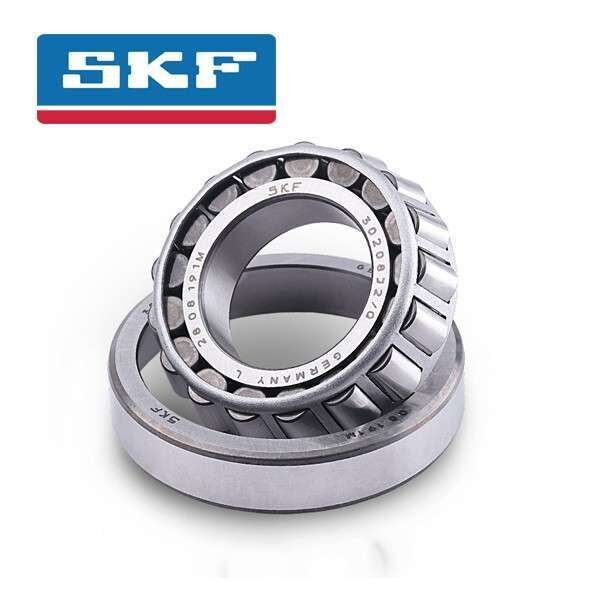
5.What factors should be considered when choosing a bearing?
1. Load: The bearing must be able to support the load it will be subjected to. 2. Speed: The bearing must be able to handle the speed of the application. 3. Environment: The bearing must be able to withstand the environmental conditions it will be exposed to. 4. Precision: The bearing must be able to provide the necessary precision for the application. 5. Lubrication: The bearing must be able to handle the lubrication requirements of the application. 6. Cost: The bearing must be cost-effective for the application. 7. Availability: The bearing must be readily available for the application.
6.About Bearing delivery date
The delivery date of a bearing depends on the type of bearing, the quantity of bearings ordered, and the availability of the bearing. Generally, bearings can be delivered within a few days to a few weeks.
7.Can bearings operate in extreme temperatures?
Yes, bearings can operate in extreme temperatures. Depending on the type of bearing, they can be designed to withstand temperatures ranging from -200°C to +400°C.
8.How does contamination affect bearing performance?
Contamination can cause a number of issues that can affect bearing performance. Contamination can cause increased friction, increased wear, and increased heat. This can lead to premature bearing failure, increased noise, and vibration. Contamination can also cause corrosion, which can lead to bearing seizure and failure.
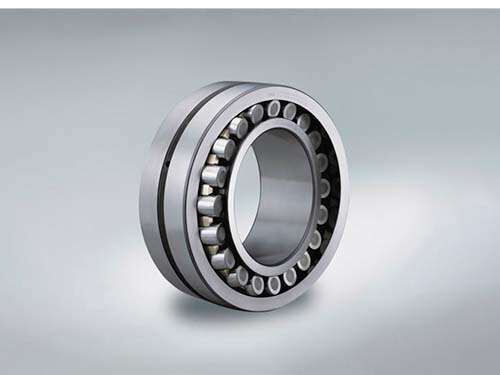
9.About Bearing MOQ
The minimum order quantity (MOQ) for bearings will vary depending on the type of bearing and the manufacturer. Generally, the MOQ for standard bearings is between 1 and 10 pieces, while the MOQ for custom bearings can be much higher.
10.How do bearings contribute to cost savings and increased productivity in machinery?
Bearings are essential components of machinery, and they can contribute to cost savings and increased productivity in several ways. First, bearings reduce friction, which helps to reduce energy consumption and wear and tear on the machinery. This can lead to lower maintenance costs and longer machine life. Second, bearings can help to reduce vibration, which can improve the accuracy and precision of the machinery. This can lead to higher quality products and increased productivity. Finally, bearings can help to reduce noise levels, which can improve the working environment and increase worker satisfaction.
11.Can bearings be customized for specific applications?
Yes, bearings can be customized for specific applications. Depending on the application, custom bearings can be designed to meet specific requirements such as size, load capacity, speed, and environmental conditions. Custom bearings can also be designed to meet specific performance requirements such as noise, vibration, and temperature.
12.Can bearings be used for high-temperature applications?
Yes, some bearings are designed for high-temperature applications. These bearings are typically made from materials that can withstand high temperatures, such as ceramic or stainless steel.

13.Can bearings be preloaded for increased stiffness?
Yes, bearings can be preloaded for increased stiffness. Preloading is a process in which a force is applied to a bearing before it is installed in a machine. This force compresses the bearing and increases its stiffness, which can help reduce vibration and improve the performance of the machine.
14.About Bearing production management system
The Bearing Production Management System (BPMS) is a comprehensive software solution designed to help bearing manufacturers manage their production processes. It provides a comprehensive set of tools to help manufacturers plan, monitor, and control their production operations. The system can be used to track production orders, manage inventory, and generate reports. It also provides features such as quality control, cost analysis, and production scheduling. BPMS can be used to improve efficiency and reduce costs in the bearing manufacturing process.
15.Can bearings be used in high precision applications?
Yes, bearings can be used in high precision applications. Bearings are designed to provide precise and accurate motion control, and can be used in a variety of applications, including high precision applications. High precision bearings are designed to provide extremely precise and accurate motion control, and are often used in applications such as robotics, medical equipment, and aerospace.
16.What are the advantages of using ceramic bearings?
1. Low friction: Ceramic bearings have a much lower coefficient of friction than steel bearings, which means they require less energy to move and can reduce wear and tear on other components. 2. Lightweight: Ceramic bearings are much lighter than steel bearings, which can reduce the overall weight of a machine or device. 3. High temperature resistance: Ceramic bearings can withstand higher temperatures than steel bearings, making them ideal for applications that require high temperatures. 4. Corrosion resistance: Ceramic bearings are highly resistant to corrosion, making them ideal for applications that require exposure to harsh chemicals or environments. 5. Longer life: Ceramic bearings have a much longer lifespan than steel bearings, which can reduce maintenance costs and downtime.

17.About Bearing overseas warehouse
Bearing overseas warehouses are warehouses located in different countries around the world that store bearings and other related products. These warehouses are used to store and distribute bearings to customers in different countries. The warehouses are stocked with a variety of bearings from different manufacturers and are designed to provide customers with quick and easy access to the bearings they need.
18.What is the difference between a ball bearing and a roller bearing?
A ball bearing is a type of bearing that uses small metal balls to reduce friction between moving parts. Ball bearings are used in a wide variety of applications, from automotive to industrial machinery. A roller bearing is a type of bearing that uses cylindrical rollers to reduce friction between moving parts. Roller bearings are typically used in applications that require higher load capacity than a ball bearing can provide.
19.How does the size and design of a bearing affect its performance?
The size and design of a bearing can affect its performance in several ways. The size of the bearing affects the load capacity, speed, and accuracy of the bearing. A larger bearing can handle higher loads, run at higher speeds, and be more accurate than a smaller bearing. The design of the bearing affects the type of load it can handle, the amount of friction it produces, and the amount of noise it generates. A bearing with a higher contact angle can handle higher radial loads, while a bearing with a lower contact angle can handle higher thrust loads. The design of the bearing also affects the amount of friction it produces, which can affect the efficiency of the system. Finally, the design of the bearing affects the amount of noise it generates, which can be important in certain applications.
20.Can bearings handle high shock and impact loads?
Yes, bearings can handle high shock and impact loads, depending on the type of bearing. Some bearings are specifically designed to handle high shock and impact loads, such as spherical roller bearings, tapered roller bearings, and angular contact ball bearings.
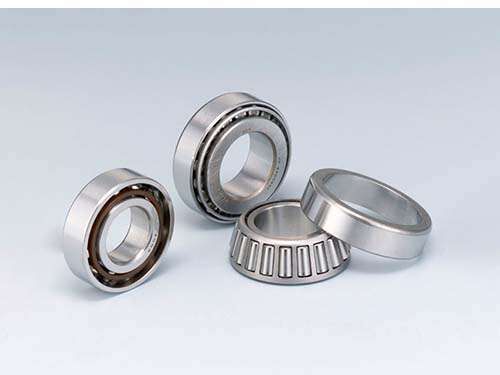
21.Which industries heavily rely on bearings?
1. Automotive industry 2. Aerospace industry 3. Heavy machinery industry 4. Robotics industry 5. Agriculture industry 6. Marine industry 7. Construction industry 8. Power generation industry 9. Medical industry 10. Textile industry
Tag:SKF Bearing,NSK Bearing,FAG Bearing
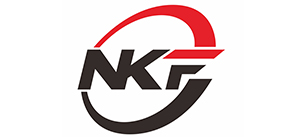
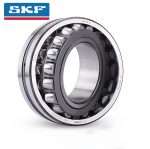 SKF Bearing
SKF Bearing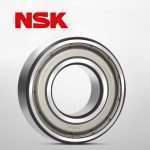 NSK Bearing
NSK Bearing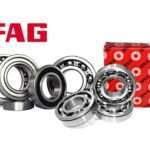 FAG Bearing
FAG Bearing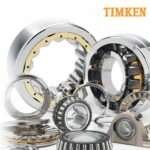 TIMKEN Bearing
TIMKEN Bearing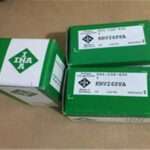 INA Bearing
INA Bearing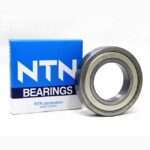 NTN Bearing
NTN Bearing

